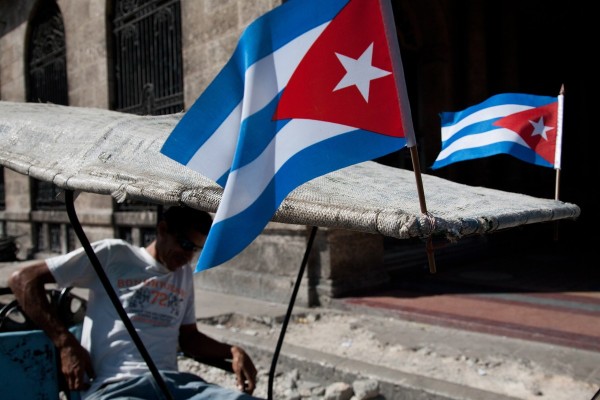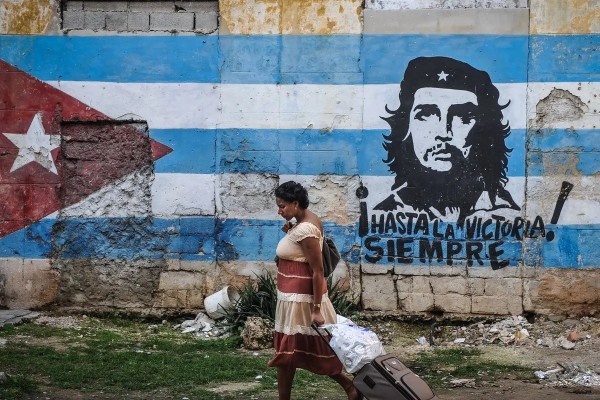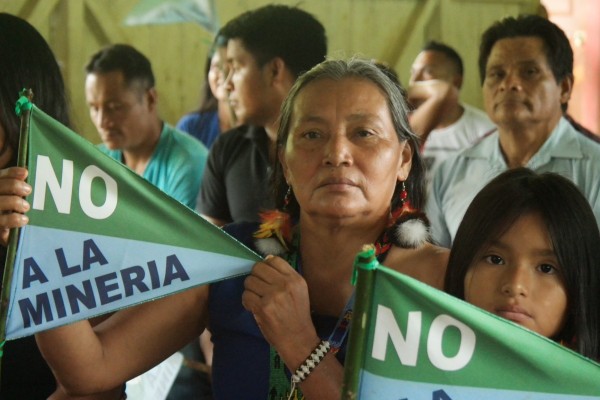-

Cuba’s crisis is mounting. Should Canada step in to help?
Canada can lobby Washington to promote a sensible approach to Cuba. In 2014 the government of Stephen Harper hosted secret meetings between US and Cuban negotiators that resulted in the Obama administration reopening diplomatic ties with Cuba. Maybe the Trudeau government—desperately in need of positive news on the foreign policy front—could show some diplomatic initiative.
-

Why doesn’t Canada want Mexicans to elect their own judges?
Canada and the US are continuing their pressure campaign on Mexico’s widely popular Morena government. While in the past Ottawa and Washington targeted President AMLO’s progressive mining, energy, and agriculture policies, this time, they slammed a judicial reform plan that would allow Mexican voters to elect their own judges, including to the Supreme Court.
-

How will Canada deal with new Mexican president Claudia Sheinbaum?
How will Canada deal with Mexico’s new president? As long as she continues the Fourth Transformation, argues CD columnist Owen Schalk, readers can surely guess what Canada will do: apply diplomatic and legal pressure against the Mexican government on behalf of Canadian capital. These are measures Ottawa usually takes against progressive governments in Latin America.
-

Crisis in Cuba: a role for Canada?
Cuba is facing its worst crisis in more than 60 years. Given the tradition of solid bilateral relations between Canada and the island nation, Ottawa could gain by aiding Cuba at this critical moment. An imaginative approach would improve substantially the lives of hundreds of thousands of Cubans. The question is: do we have the political will to help the Cuban people?
-

Misinformation on Cuba, again
It appears as though Fox Nation, a subscription-based video service and companion to Fox News Channel, is soon to present a documentary on Canada-Cuba relations, emphasizing the close ties between the Trudeau family and Fidel Castro—and in particular the theory that Prime Minister Justin Trudeau is the illegitimate son of the late Cuban leader.
-

In blow to Canadian mining companies, Ecuador rejects international arbitration
Ecuador has historically spurned investor-state dispute settlement, a provision that allows companies to sue countries for alleged violations of trade agreements. This means companies can take states to court if their profits are put at risk by government policies. Since 1986, Ecuador has been forced to pay $10 billion for alleged breaches of its obligations to foreign investors.
-

Complaint by Ecuadorian Indigenous nation asks BC Securities Commission to investigate Solaris Resources
On February 29, the Shuar Arutam People (PSHA) of Ecuador filed a complaint against Vancouver-based Solaris Resources Inc. before the British Columbia Securities Commission over its repeated failure to disclose material information to shareholders regarding its Warintza mining project, a large-scale copper and gold mine which overlaps with PSHA’s titled territory.
-
_600_400_90_s_c1.jpg)
AMLO’s push for environmental reforms angers Canadian mining sector
In the final years of his presidency, AMLO has faced opposition from Canada and the US, weathering legal challenges and diplomatic pressures from Ottawa and Washington over his efforts to increase the state’s role in his country’s energy and agriculture sectors. Likewise, Canada has vocally opposed AMLO’s measures to strengthen the Mexican state’s hand in mineral extraction.
-

How Canada benefits from instability in Ecuador
At a time when the Ecuadorian government’s social disinvestment has wrecked the country’s economy and security sector, Canada is arguing for its right to deprive Ecuador of even more public money. Ottawa’s main concern is Ecuador’s resources: how to access them, and how to ensure Canadians can bring home as much profit as possible while exploiting them.
-

Canada joins Peru’s president in mining push
While the administration of Peruvian President Dina Boluarte prioritizes the growth of the mining sector, with the full-throated support of the Canadian embassy, organizations like Red Muqui are clear: in a time of increasing environmental pressure, those who stand to gain the most from mining are not those who will pay the biggest price.



